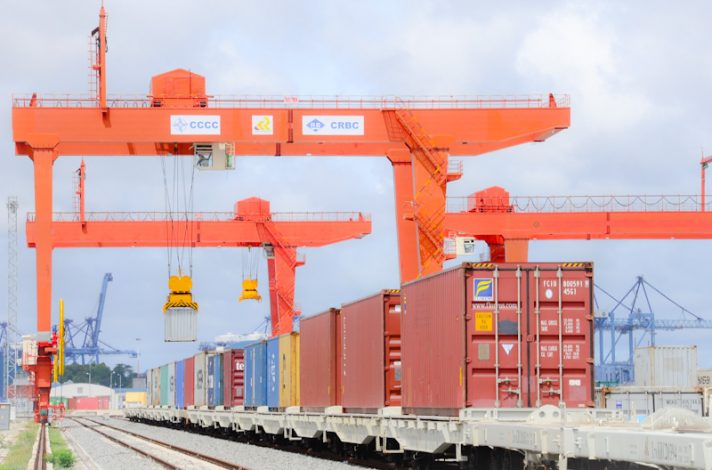Kenya’s private sector activity slumped in March, weighed by rising prices and cash flow problems for the second month.
The S&P Global Kenya Purchasing Managers’ Index (PMI) rose to 49.2 in March from 46.6 in February but remained below the 50 mark denoting growth in business activity.
The 50-point index mark separates growth from contraction monthly.
“Both output and new orders fell in March, particularly in wholesale and retail trade, due to lower demand, especially as price pressures have accelerated,” Standard Bank economist Mulalo Madula said.
“By contrast, manufacturing, agriculture, construction and services recorded expansions.”
As a result, the survey shows that confidence plunged to its lowest level in three months, but businesses remained optimistic about Kenya’s business environment, especially in the manufacturing sector.
At the same time, the latest data signalled renewed rises in employment and purchasing in March, although growth in both cases was only mild. The increase in purchasing reflected efforts to build inventories of inputs, as firms reported difficulties accessing US dollars had led to a shortage of commodities and longer delivery times.
Meanwhile, weakness in the Kenyan shilling against the US dollar drove another marked increase in purchasing costs.
Around 30% of firms saw purchase prices rise since February, with increased taxes and fuel prices also cited.
Overall cost inflation remained among the highest seen since the survey began in January 2014, leading firms to raise their output prices at the quickest rate in five months.
The data mirrors the Central Bank of Kenya’s two surveys conducted ahead of the March MPC meeting—the CEOs Survey and Market Perceptions Survey revealed tempered optimism about business activity and economic growth prospects for the next 12 months.
According to the CBK, respondents expressed concerns over elevated domestic inflation, the weakening of the Kenya shilling, and high food prices due to prolonged dry weather conditions.
In February, the headline inflation registered at 9.23%. Similarly, core inflation rose to 4.40% from 4.30% a month earlier, attributable to the hot and dry weather conditions.
Food inflation increased to 13.30% in February 2023 from 12.80% a month before, mainly because of an increase in the prices of vegetables.




